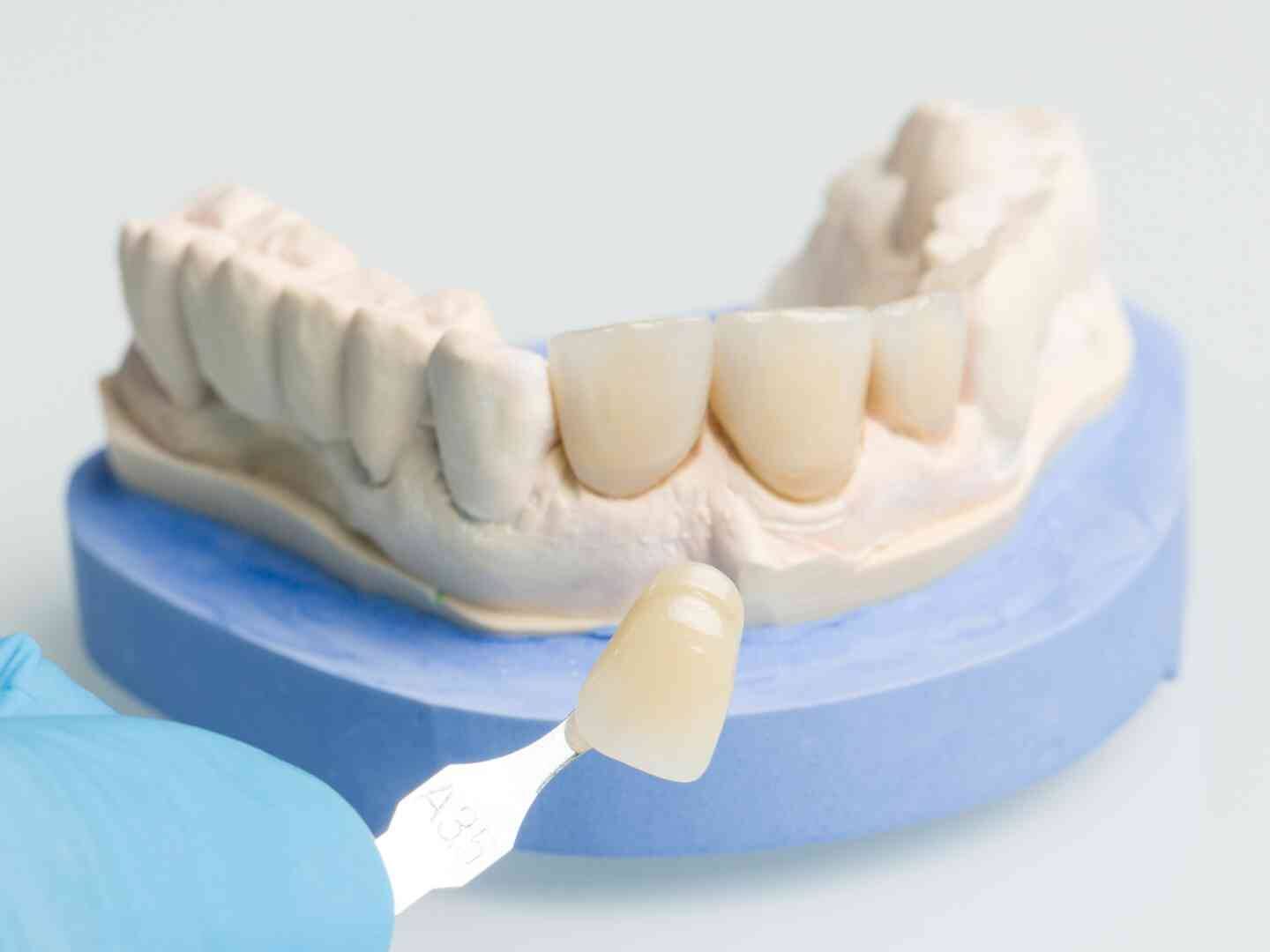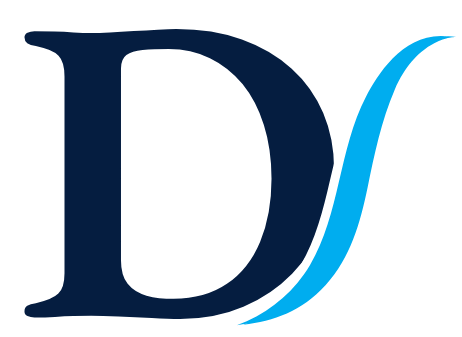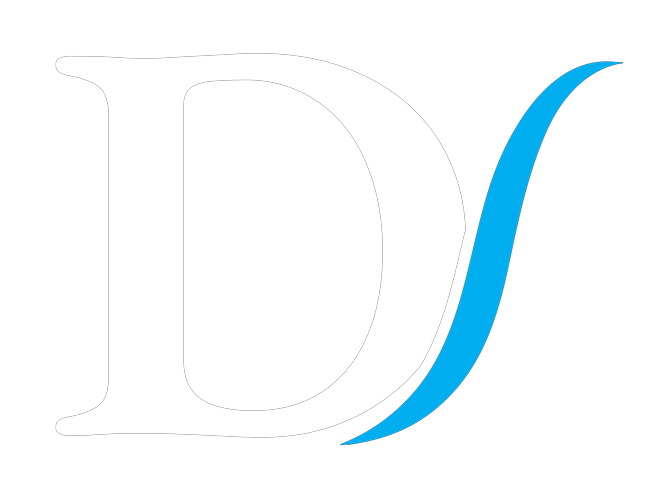Our Solutions
TMJ/TMD Treatment
What is TMD/TMJ?
The temporomandibular joint (TMJ) connects your jawbone to your skull, allowing you to move your jaw for activities such as talking, chewing, and yawning. TMD refers to disorders that cause pain and dysfunction in the TMJ and the muscles that control jaw movement.

Symptoms of TMD/TMJ
Common symptoms of TMD/TMJ include:
- Jaw pain or tenderness
- Clicking, popping, or grating sounds in the jaw joint
- Difficulty opening or closing the mouth
- Earaches or ringing in the ears (tinnitus)
- Headaches or migraines
- Facial pain or swelling
- Locking of the jaw
Causes of TMD/TMJ
Several factors can contribute to the development of TMD/TMJ, including:
Injury
Trauma to the jaw or head can damage the TMJ.
Arthritis
Osteoarthritis or rheumatoid arthritis in the TMJ can cause pain and dysfunction.
Bruxism
Grinding or clenching of the teeth, often due to stress, can strain the TMJ.
Interested to know more?
Schedule an appointment with one of our experienced dentists at Delatite Dental. Let us explore all your options and find the ideal solution tailored just for you.
Jaw Misalignment
Misalignment of the teeth or jaw can lead to uneven pressure on the TMJ.
Muscle Tension
Chronic muscle tension in the jaw, neck, and shoulders can contribute to TMD/TMJ.
TMD/TMJ Treatment Options
At Delatite Dental, we offer a variety of treatments to relieve TMD/TMJ symptoms and improve jaw function:
Lifestyle Changes
- Stress Management: Techniques such as relaxation exercises, yoga, or meditation can reduce stress and alleviate muscle tension.
- Dietary Modifications: Eating soft foods and avoiding hard, chewy, or sticky foods can reduce strain on the TMJ.
Medications
- Pain Relievers: Over-the-counter or prescription pain relievers can help manage TMD/TMJ pain.
- Muscle Relaxants: These medications can reduce muscle tension and spasms.
- Anti-Inflammatory Drugs: Nonsteroidal anti-inflammatory drugs (NSAIDs) can reduce inflammation and pain.
Dental Treatments
- Mouthguards: Custom-made mouthguards or splints can prevent teeth grinding and alleviate pressure on the TMJ.
- Orthodontic Treatment: Correcting bite misalignment with braces or other orthodontic treatments can improve jaw function.
- Restorative Dentistry: Replacing missing teeth or restoring damaged teeth can help balance the bite and reduce TMJ strain.
Physical Therapy
- Jaw Exercises: Specific exercises can strengthen jaw muscles and improve flexibility.
- Ultrasound Therapy: Ultrasound therapy can reduce pain and inflammation in the TMJ area.
Surgery
- Arthrocentesis: This minimally invasive procedure involves washing out the joint to reduce inflammation.
- Arthroscopy: A small camera is inserted into the joint to diagnose and treat TMJ disorders.
- Open-Joint Surgery: In severe cases, open-joint surgery may be necessary to repair or replace the TMJ.
1M

Approximately 1 million Australians are affected by TMJ disorders.
Dental crowns are essential for restoring and enhancing the function and appearance of your teeth. At Delatite Dental, we specialize in providing high-quality dental crowns tailored to your unique needs. If you believe you may benefit from a dental crown or have any questions about the procedure, schedule a consultation with us today.
Why Choose Delatite Dental For TMJ/TMD Treatments
100K
Over 100000+ patients treated successfully by our team
75
Years
Combined Australian and Global Experience
Renowned Educators
Our team includes former professors from leading universities, ensuring our practice benefits from cutting-edge education and insights.
Dual Board-Certified Dentists
Our dentists bring dual board certifications and extensive experience, guaranteeing top-tier expertise in every procedure.
Innovations in Dental Education
We pioneer VR/AR education and develop patented products, keeping our practice at the forefront of dental technology.
Comprehensive Education and Experience
With affiliations at multiple universities and decades of combined experience, our team delivers care grounded in the latest research and clinical excellence.
Frequently Asked Questions
TMD/TMJ can be caused by a variety of factors, including jaw injuries, arthritis, bite misalignment, teeth grinding, and chronic muscle tension.
Diagnosis typically involves a physical examination, review of your medical history, and imaging tests such as X-rays, MRI, or CT scans to assess the TMJ.
Mild cases of TMD/TMJ may resolve on their own with self-care and lifestyle changes. However, persistent or severe symptoms require professional treatment.
Surgery is usually considered a last resort. Most cases of TMD/TMJ can be effectively managed with non-surgical treatments such as medications, physical therapy, and dental appliances.
The timeline for improvement varies depending on the severity of the condition and the chosen treatment approach. Some patients experience relief within a few weeks, while others may require several months of treatment.


